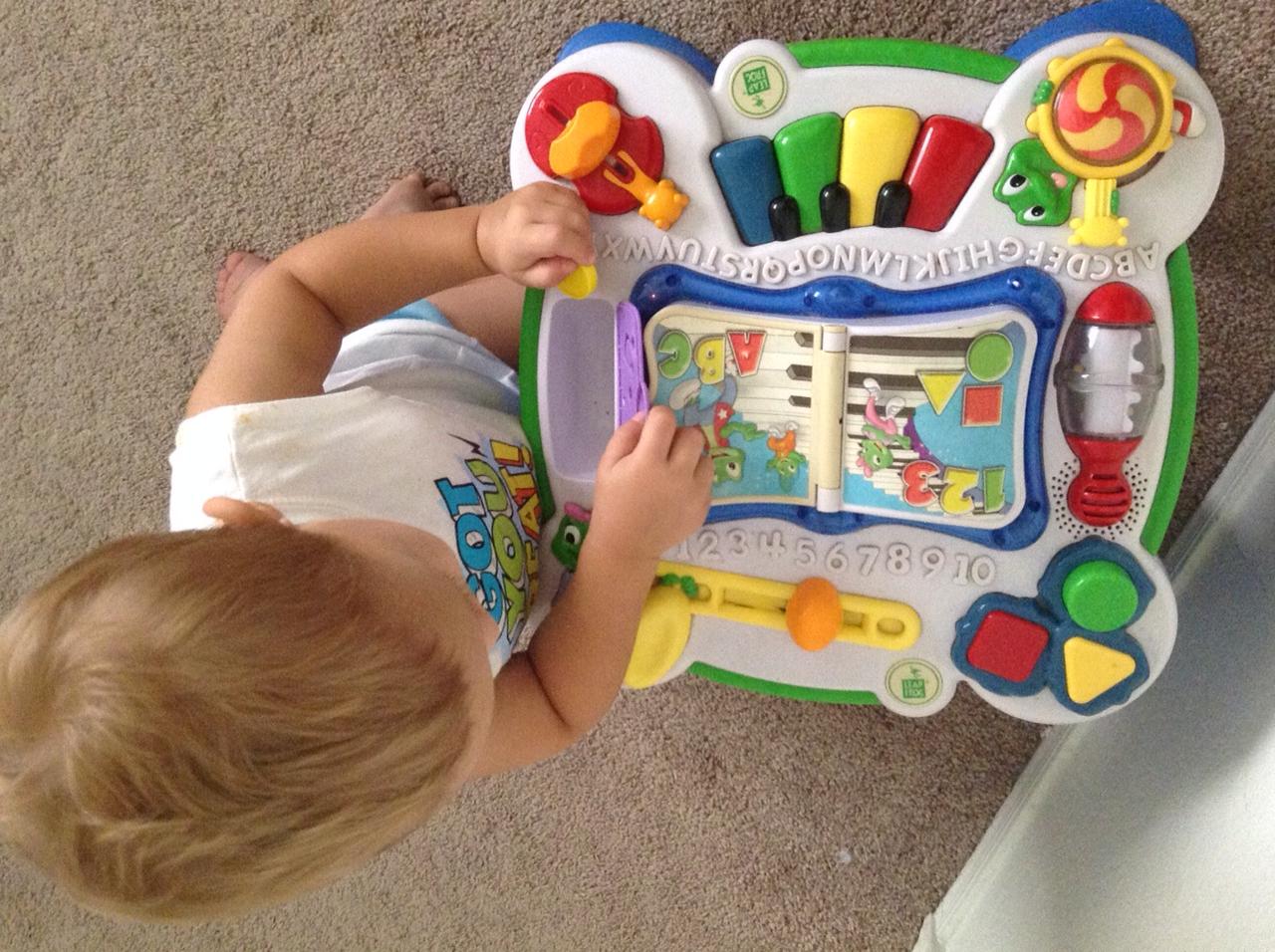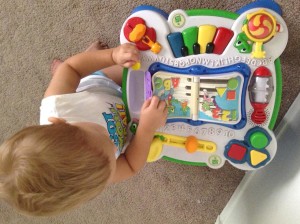
Keeping Your Baby’s Eyes Safe
 First time moms are usually obsessive about keeping their children happy and healthy. Protecting your baby’s eyes as they grow and play may be a little trickier. Many moms probably wonder, “Are there toys we should avoid?” or “Are there warning signs I need to watch out for?”
First time moms are usually obsessive about keeping their children happy and healthy. Protecting your baby’s eyes as they grow and play may be a little trickier. Many moms probably wonder, “Are there toys we should avoid?” or “Are there warning signs I need to watch out for?”
The answer is a definite yes.
Here are four things to consider when choosing toys that are safe for your baby’s eyes:
- Watch for sharp points. It may not even cross your mind that something as simple as a straw could be dangerous to a child. Household items like straws, pencils or forks are dangerous by themselves, but with a baby’s penchant for putting things in their mouth, these items could cause even more damage if they end up in their eye.
- Avoid Pastels. It seems counterintuitive. Many nursery colors are soft, muted and “baby” appropriate. Actually, babies need the visual stimulation that color contrast provides. Instead of choosing that soft pink stuffed bunny, know that the black and white striped zebra will be a much healthier option for a newborn. Bright colors send stronger signals to the baby’s brain and, according to famed pediatrician Dr. Sears, those stronger signals lead to more brain growth.
- Choose Stripes. For the same reasons as above, when choosing a pattern like paisley or flowers won’t offer the best type of stimulation for your babies. The sharp contrast between colors, like the one found in a striped pattern, will be a healthier choice for a baby’s vision.
- Beware of Lights. Most conventional light up baby toys that have met nationally set standards for toy safety, but remember a baby’s eyes can get tired from watching these lights, just like your eyes grow tired after staring at a screen for a few hours. Beware of lighted toys designed for older children (like laser beams) and household items like LED flashlights. If a baby got a hold of an item like this and pointed it in his or her eye for an extended period of time, it could possibly cause damage to his or her vision.
Talk to your Eyeglass World optometrist about other ways to keep your baby’s eyes safe, and remember, it is generally recommended that your baby have an eye examination by around six months of age to screen for any vision development issues that should be treated early.
